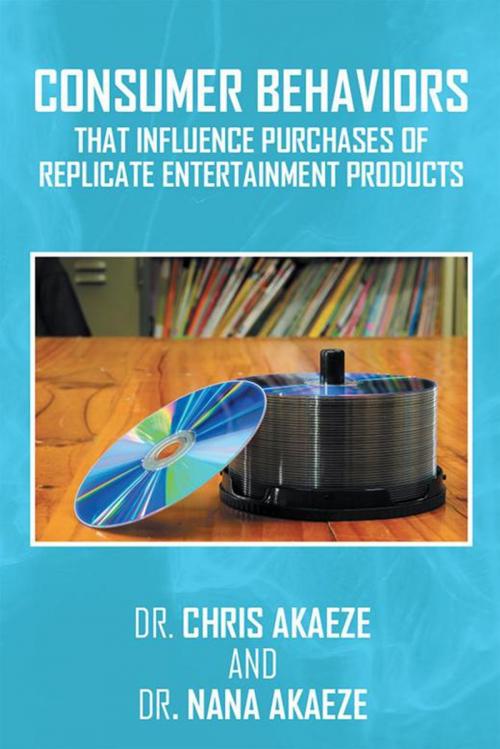Consumer Behaviors That Influence Purchases of Replicate Entertainment Products
Nonfiction, Science & Nature, Science| Author: | Dr. Chris Akaeze, Dr. Nana Akaeze | ISBN: | 9781524524630 |
| Publisher: | Xlibris US | Publication: | July 14, 2016 |
| Imprint: | Xlibris US | Language: | English |
| Author: | Dr. Chris Akaeze, Dr. Nana Akaeze |
| ISBN: | 9781524524630 |
| Publisher: | Xlibris US |
| Publication: | July 14, 2016 |
| Imprint: | Xlibris US |
| Language: | English |
Product replication is a growing problem for the entertainment industry and its affiliates in the US. Replication of products costs US movie studios approximately $6 billion annually. Guided by the theory of planned behaviors, we explored some consumer behaviors that influence complaisance toward purchasing replicate entertainment products in New York City. Data were collected through closed-ended qualitative questionnaires from fifty participants who have purchased replicate entertainment products for up to two years. The three themes that emerged in final report related to personal influence, cultural influence, and social influence toward entertainment consumers purchases of replicate products. The findings may facilitate strategies for managers to curb replication and mitigate harmful effects to sales and revenue of entertainment products. Data from this study may contribute to the prosperity of entertainment managers, their employees, and local communities. The beneficiaries of this research include entertainment managers, practitioners, academics, and policy makers.
Product replication is a growing problem for the entertainment industry and its affiliates in the US. Replication of products costs US movie studios approximately $6 billion annually. Guided by the theory of planned behaviors, we explored some consumer behaviors that influence complaisance toward purchasing replicate entertainment products in New York City. Data were collected through closed-ended qualitative questionnaires from fifty participants who have purchased replicate entertainment products for up to two years. The three themes that emerged in final report related to personal influence, cultural influence, and social influence toward entertainment consumers purchases of replicate products. The findings may facilitate strategies for managers to curb replication and mitigate harmful effects to sales and revenue of entertainment products. Data from this study may contribute to the prosperity of entertainment managers, their employees, and local communities. The beneficiaries of this research include entertainment managers, practitioners, academics, and policy makers.















